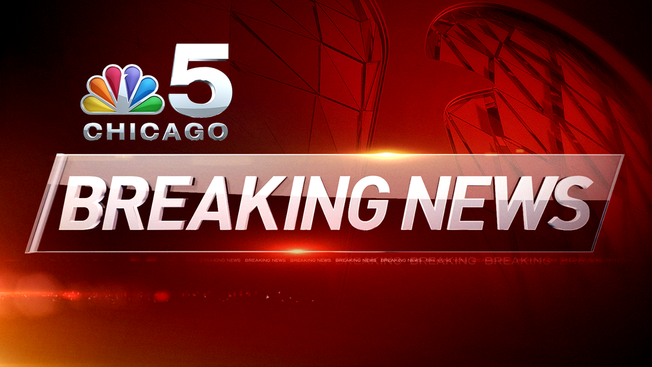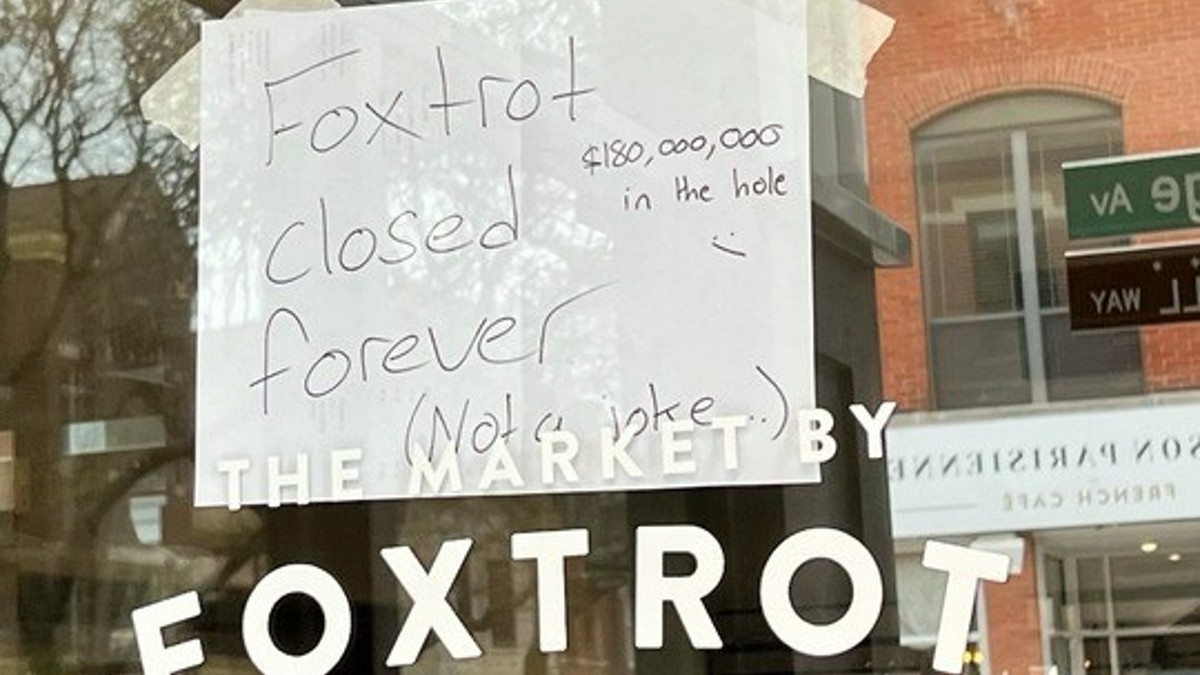Conventional wisdom says there were two main reasons why Rahm Emanuel won the 2011 Chicago mayoral election with 55 percent of the vote in a crowded field of four candidates: star power, and a promise to fix the city’s chronic budget problems.
In the minds of many voters, those two things went together. As the last few years of the Daley administration were marked by a series of scandals and seemingly little direction in fixing some of the city’s most intractable problems, voters in Chicago were ready for someone to come in, clean a little house, and get things done.
And Rahm Emanuel fit the bill. Tough, wisecracking, famous—the man was President Barack Obama’s chief of staff, for crying out loud, and knew how to get things done and who to call on to do it. Who cared if he was a little arrogant, had way too many close friends in the business world and seemed like he was using the mayor’s office as a stepping stone for bigger and better things.
We needed someone who was going to tell us the truth, and fix the truly horrible financial mess we had gotten ourselves into.
Local
“In most worlds—business, politics, personal—an arrogant person who accomplishes things is not only tolerated but celebrated,” wrote Chicago Tribune editorial columnist Kristen McQueary back in May, referring to Emanuel. “Many of us will take an ass-kicker who gets results over a cautious consensus-builder any day of the week.”
Rahm knew all this. That’s why, from the moment he started to run, he kept coming back to one theme over and over: he was the right man to make the “tough choices” we needed to fix our financial mess.
"The question in this election is who has the experience, imagination and strength to see a better future for Chicago? And who has the determination to see that vision through the end?" Emanuel said at his campaign kick-off announcement.
“We need to confront a budget deficit that threatens our future - but not by burdening Chicago families with more taxes they cannot afford, but by reinventing how city government works,” he said in a speech at his inauguration. “We said it's time for tough choices, because denial, in the face of challenge, is no strategy for success.”
“The Mayor Outlines the Tough Choices He’s Proposed in New City Budget” proclaimed the headline of a 2012 editorial the mayor wrote in the Chicago Sun-Times.
“'We are making tough choices,'' the mayor said as he presented his $6.97 billion 2014 budget to the Chicago City Council.
So how’s all that toughness working out for Chicago? Judging from a report in the Chicago Sun-Times, not so well.
The Sun-Times reports that three years into his administration, Emanuel has “failed to make a dent in the mountain of debt piled on Chicago taxpayers.”
“Chicago’s general obligation debt backed by property taxes now stands at nearly $8 billion or $2,936.19 for each of the city’s 2.7 million residents. Counting ‘overlapping debt,’ the total owed is $28.3 billion.”
Earlier this year, the city also suffered yet another drop in it’s credit rating, with Wall Street firm Moody’s citing Chicago’s $32 billion unfunded pension liability is eight times operating revenue and the “highest of any rated U.S. local government.”
The bad budget news comes hard on the heels of a scathing critique of the proposed 2015 Chicago Public Schools budget by watchdog group the Civic Federation.
“The short-sighted budget does nothing to address the District’s grave fiscal crisis and is balanced only by an accounting maneuver that allows the District to book more than 12 months of revenue into a single fiscal year,” the group said. “This one-time and non-recurring revenue will leave a gap in future budgets, contributing to deficits of over $1.0 billion in FY2016 and FY2017.”
The bottom line is, Mayor Emanuel came into office promising to fix the city’s troubled finances, saying when he ran that “the choices we make in the next few years will define Chicago's future for generations.”
But today, we’re seemingly no closer to solving those issues than we were three years ago.
Throw in a citywide violence crisis, the closing of 50 public schools, continued poverty and joblessness across the city, crumbling infrastructure, ongoing problems with city programs like red light cameras and you have to ask yourself:
What, exactly, has all this toughness gotten for Chicago?



